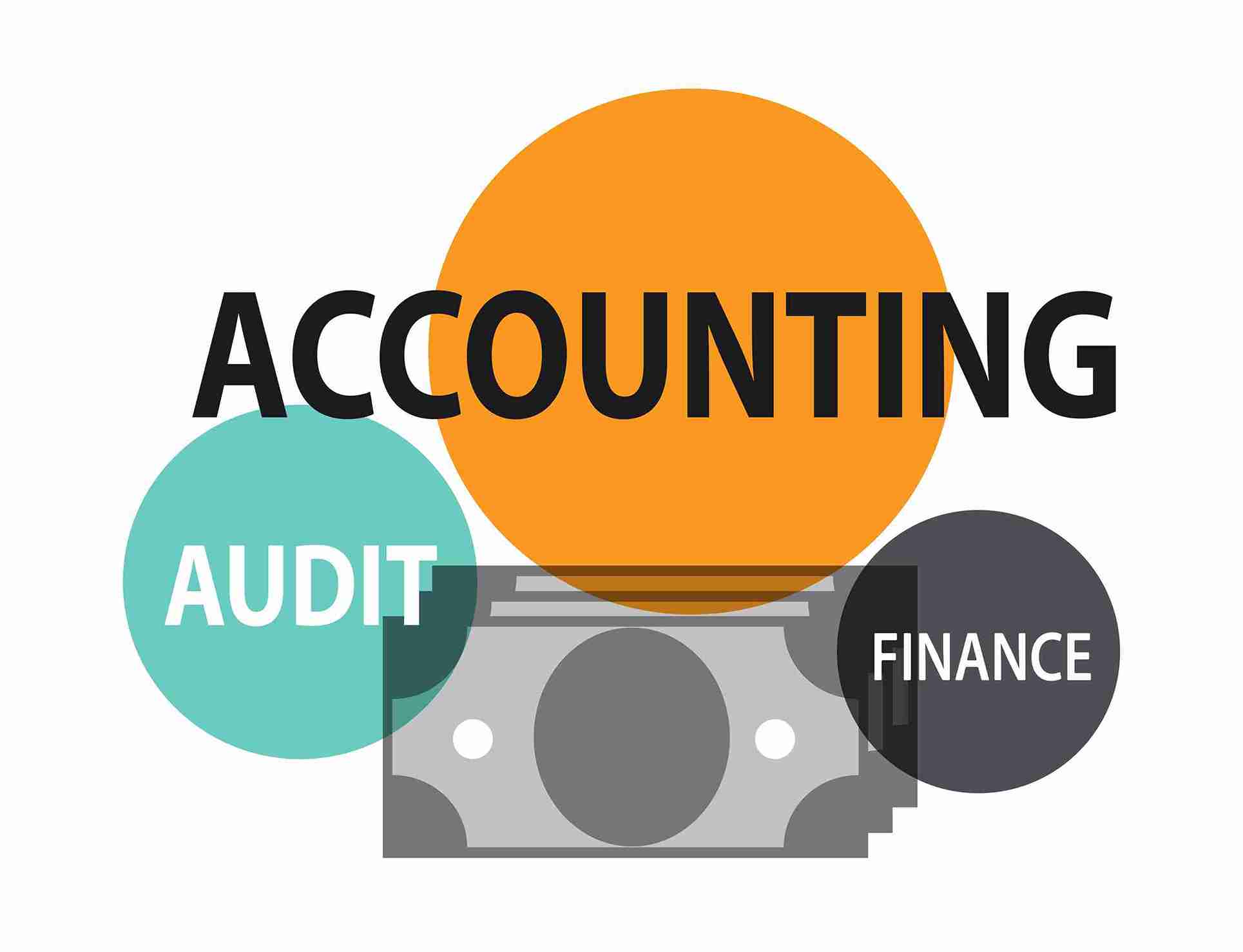What Is An Accounting Convention?
An Accounting convention is a commonly accepted practice used by accountants when preparing financial statements. These conventions are not legal or official rules, but they help where accounting standards may lack specific instructions. They help ensure that financial records are prepared in a practical, realistic and consistent manner across different businesses. Overall, accounting conventions help bring consistency, clarity and simplicity in financial reporting.
If you’re planning to build a career in accounting or related fields like sales jobs or cashier jobs, having a basic understanding of accounting principles like these conventions can be very useful. Platforms like Job Hai make it easier to explore such career opportunities in your area, offering jobs across 45+ categories and support 6+ regional languages to navigate through apps at ease.
This blog will help you learn all about accounting conventions, basic accounting concepts and accounting principles that guide financial reporting.
Features Of Accounting Conventions
- They help provide a practical solution when accounting rules are unclear
- Helps in making financial statements easier to understand and compare
- hey are followed through common practice, not official regulations
- They ensure that important details are not left out of reports
Types Of Accounting Conventions
There are four commonly used accounting conventions, such as:
- Convention Of Consistency: This means using the same accounting methods over time. For example, if you choose a particular method to calculate depreciation this year, continue using the same method in future years.
- Convention Of Full Disclosure: All important financial details must be shared in the financial statements. This includes information that could be important and affect investor or business decisions.
- Convention Of Materiality: Only information that is important or significant should be included in the reports. Small details that don’t affect decision-making can be skipped.
- Convention Of Conservatism: Also known as the principle of prudence, this convention says you should always be careful. Record all possible losses but only confirm profits when they are certain. It helps avoid overstatement of income.
Rules Of Accounting Conventions:
Each type of accounting convention comes with practical rules that helps to record financial information:
- Consistency: Do not change accounting methods frequently and any change in method must be disclosed with a proper reasoning.
- Full Disclosure: Disclose all relevant facts and financial data including details like pending lawsuits, liabilities, etc.
- Materiality: Include all transactions that could impact decision-making, however, trivial or irrelevant information can be omitted.
- Conservatism: Record anticipated losses, but only record gains when realized.
Why Are Accounting Conventions Important?
Accounting conventions are useful for several reasons:
- It allow businesses to follow tested methods that work in the real world
- They help accountants handle unclear or unusual situations
- They make financial statements clearer and more trustworthy
- This record help building confidence among people who use these statements
What Are Basic Accounting Concepts?
Basic accounting concepts are the core ideas of the accounting system that are important for understanding how day-to-day accounting works.
- Going Concern: This principle explains that the business will continue to operate in the future
- Accrual: Income and expenses are recorded when they happen, not when money is received or paid
- Business Entity: The business and its owner are treated separately
- Money Measurement: Only transactions with a monetary value are recorded
How Accounting Principles Guide Financial Reporting?
The term accounting principles includes both accounting concepts and accounting conventions. These principles make sure financial statements are prepared in a consistent and reliable way. They ensure that businesses record financial transactions in a clear, consistent and standardized manner.
By following these principles, companies can present their financial data in an easily understandable manner. This is important for various stakeholders, like investors, business owners and auditors, who rely on these reports to assess the finance of the company.
Conclusion
Understanding accounting conventions is a key part of learning how real-world accounting works. These conventions are not formal rules, but widely accepted practices that help accountants deal with situations where official guidelines are not clear.
By learning the differences between accounting concepts and conventions, beginners can gain better clarity and confidence in the field of accounting. Whether you are studying the subject or preparing for an accounting job, having this knowledge will make it easier to understand financial reports, follow standard practices and make better decisions.
Related Reads:
- How To Become A CA: A Complete Guide
- 40 Accounting Interview Questions And Answers
- Understanding Various Types Of Audit
FAQs
Q1: What Is Accounting?
A- Accounting is the process of recording, classifying, summarizing and interpreting financial transactions to provide useful information for decision-making.
Q2: What Is An Accounting Convention?
A- An accounting convention is a commonly accepted practice used to guide financial reporting when official rules are unclear.
Q3: What Are The 5 Accounting Conventions?
A- The five accounting conventions are consistency, full disclosure, materiality, conservatism and objectivity.






 Facebook
Facebook Instagram
Instagram Twitter
Twitter